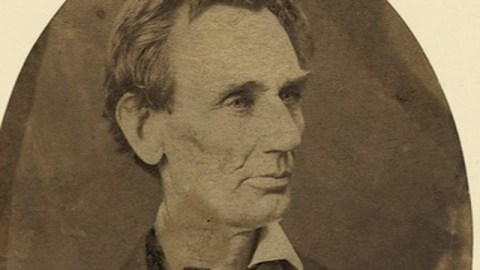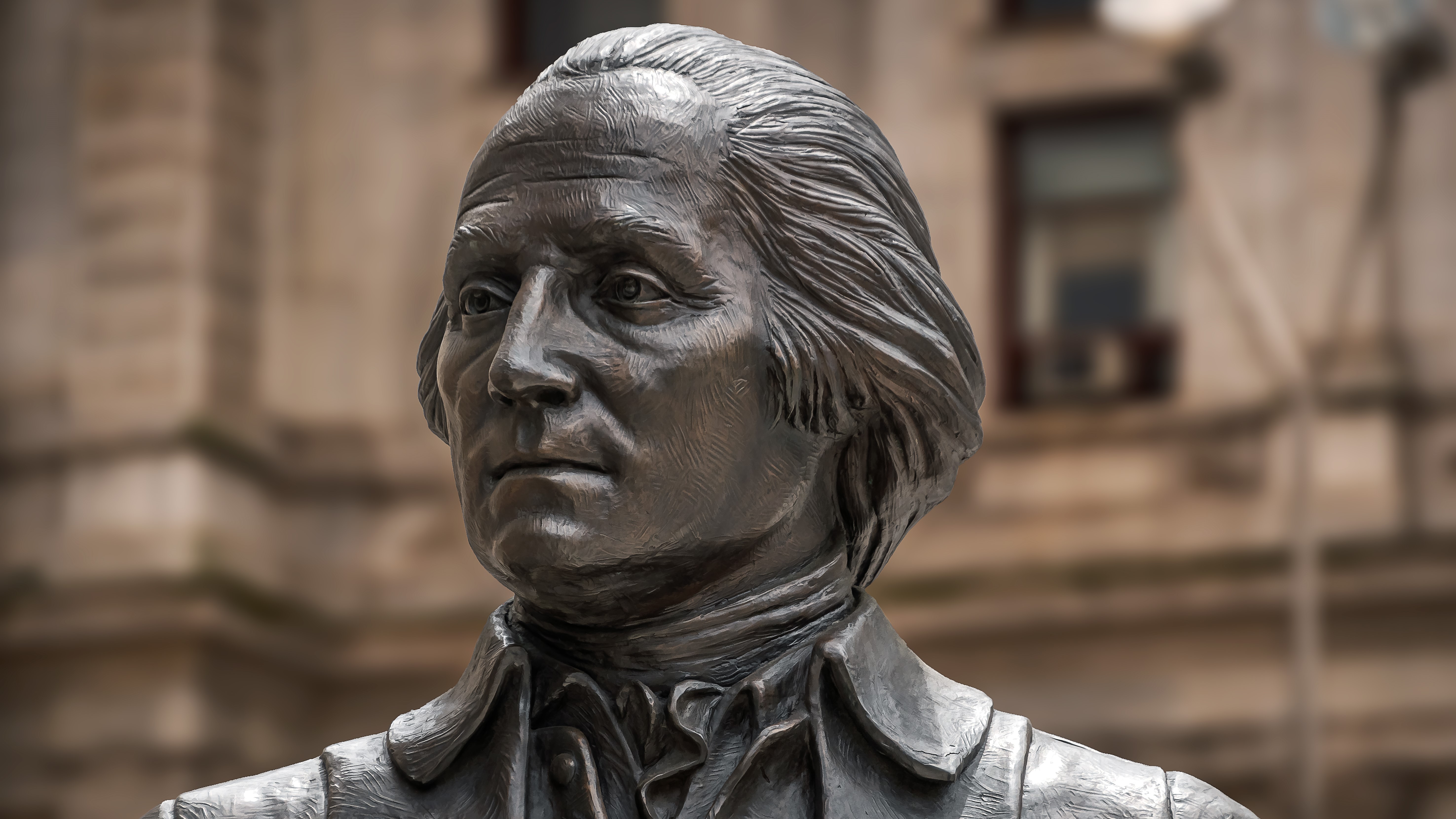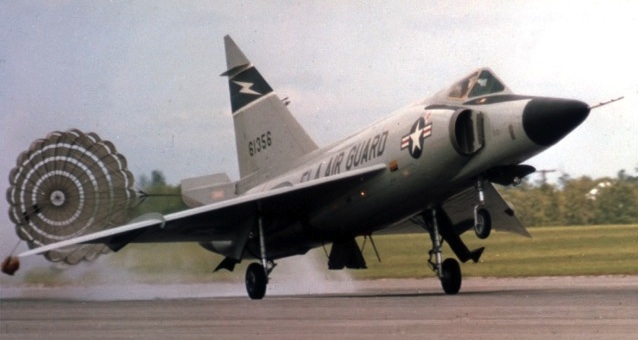Forget the Pilgrims, We Have Lincoln to Thank for Thanksgiving

The country is at war. Americans are at each others’ throats. People are disappointed in the President and many think (hope?) he won’t be re-elected. So it goes in October, 1863, when President Lincoln proclaims the last Thursday in November “as a day of Thanksgiving and Praise to our beneficent Father who dwelleth in the Heavens.”
It’s an interesting document, not least for what is not in it. Its praises are not for victory, but rather for the fact that life goes on—that, despite the civil war, “the country, rejoicing in the consciousness of augmented strength and vigor, is permitted to expect continuance of years, with large increase of freedom.” Then, too, Lincoln recommends that Americans, “with humble penitence for our national perverseness and disobedience, commend to his tender care all those who have become widows, orphans, mourners or sufferers in the lamentable civil strife in which we are unavoidably engaged.”
In other words, his proclamation divides humanity into the Grateful and the Afflicted—not the Right and the Wrong, or our Friends and our Foes. Before turkey dinners, shopping and football, Thanksgiving was the holiday of We Are All in This Together. Fellow-American readers, have a good one.





